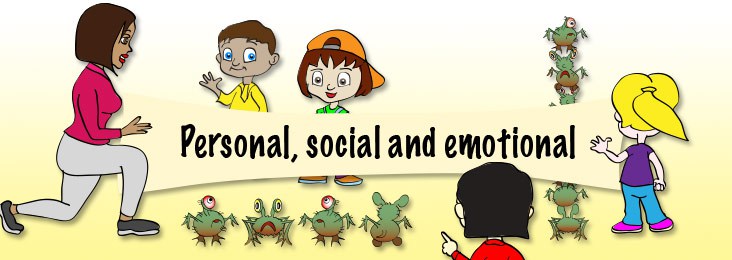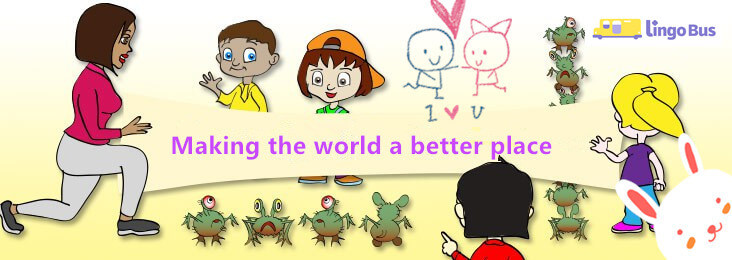The Benefits of Raising Bilingual Children
by David S. Web Designer As parents we always thrive to give the best to our children. This also comes in hand with preparing and equipping them as best as we can for life. The thing is, this involves thinking ahead. As we provide them with tools and skills we think will be necessary in the future, not now (as that would be fruitless).I’m lucky in the respect that my child already has access to Chinese as one of his primary languages. Yet, many parents who don’t have this access, still choose to teach Chinese to their kids. Because of the amazing benefits it brings, you can read more about why your kids should learn Chinese by following the link. But just so you know in plenty of countries Chinese is the top chosen second language! Many other countries are introducing it to more and more schools, for example in the UK.
But to get back to what’s important, what are the benefits of raising bilingual children, or I should say multilingual! Book a mandarin class for your kids to have a try now.
Emotional and Social Development

A known key foundation to children’s early childhood growth. But did you know that bilingual children are more emotionally stable and in tune with their feelings. Aka they have better emotional intelligence. That’s because speaking multiple languages also brings about the need to adapt and assimilate different cultures and cultural practices. Having more than one language makes children more attuned to social cues as they have to actively interchange how they handle social interactions depending on the language. This also correlates with their cognitive development.
Cognitive Development
You can’t just ‘switch off’ languages, any language you learn shapes your brain in a beautiful different way, and they are always just there. Because of this, if you know multiple languages you get pretty good at compartmentalization. As each time you use that language you mentally have to separate them as you speak. This amazing multitasking skill is not just tied to languages. But is instead an easily accessible tool for multilingual speakers to use in other parts of their life. That’s why multilingual children are amazing problem solvers. Multilingual children can also recall things much faster and tend to have better memory span. In other words, learning a new language brings out the best of our brains skills and abilities.
Learning New Concepts
Multilingual children also have a better capacity for learning new concepts extremely quickly. If they are proficient in at least two languages or more, children can easily grasp new ideas in other disciplines such as math and science. Because of this, multilingual children are also more adaptable. In studies it was shown that multilingual children could adapt to their environmental changes much faster than monolingual kids. Just as the above skills, learning a new language brings plenty of secondary benefits to all areas of that child’s life.
Better health
More and more research shows that keeping your mind sharp can keep you young. But did you know that learning languages can also reduce the risk of having a stroke, or delay dementia? Those who speak more languages are also less affected by stress. This is tied to cognitive flexibility that we mentioned above and it all goes to prove that learning languages has lifelong benefits
Making the world a better place

But I guess most importantly, learning multiple languages gives children the ability to connect and converse with other cultures and makes them more inclusive. Perhaps the world would be a friendlier place if we were all multilingual. That’s because when you speak many languages you can truly connect and understand a new culture. You also tend to absorb some of the newly learnt cultural philosophies.
The Cycle Continues
An amazing benefit of knowing many languages is that it’s self-affirming. That is, you are able to learn additional languages more easily that monolinguals. This is because language skills reinforce each other, kind of like puzzle pieces. So if you have learned a second language already, then learning a third means continuing to hone and use those skills. Thinking even more long term, speaking multiple languages transfers all these benefits to your children’s children. As a multilingual child myself, now a parent, I am able to offer the same to my child at home, who will be able to do the same for his kids. It’s a skill, no a gift, that can be shared down the generations.
Sponsor Ads
Created on Mar 11th 2019 05:29. Viewed 352 times.



